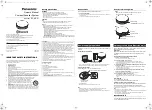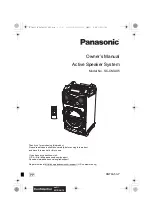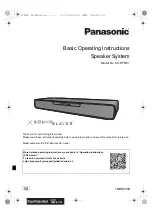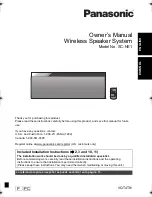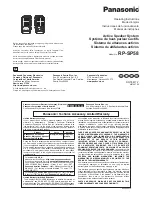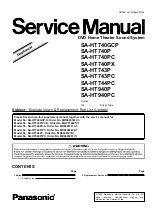
Portable Optical Tweezers Kit
Chapter 6: Experiments
Page 64
MTN024417-D02
First, shake the glass bead solution and place one or two droplets (approx. 30-40 µl) in a
cutout on the microscope slide using a pipette. Place a cover glass over the sample,
starting with the glass tilted at a steep angle and lowering it so that there are no air bubbles
between the glass and the sample (see Figure 48). Remove excess solution with a tissue.
Droplet of Bead Solution on Glass Slide
The samples can either be prepared before each experiment or they can be sealed
between the slide and the coverglass with a UV adhesive. We recommend allowing
students to prepare new samples as an educational exercise.
6.2. Setting the Correct Focus Level
Place the sample positioning table as low as necessary using the micrometer screw on the
z-axis stage and place the selected sample under the objective. Move the sample stage
to center the sample under the objective. For this step, it may be convenient to temporarily
set the maximum velocity of the KDC101 controllers to a higher value, see Section 5.2.4.
Now, raise the sample positioning table once again using the micrometer screw and pay
close attention to the camera image on the monitor of your computer.
After a certain distance, you will see a laser spot in the form of a red, distorted spot on the
monitor. This is not the sample, but rather the top of the cover glass. The second visible
spot, seen after moving the objective closer to the sample, shows the bottom of the cover
glass. Moving the objective closer to the sample, the third visible spot is inside the sample.
Once this is in view, the focus is at the right level. Figure 49 shows a schematic
representation of the laser focus levels.
The beads might show a drift motion in one direction. This should stop once the sample is
settled for a minute.
Note: Do not move the sample positioning table too far upwards. Otherwise, there is a risk
of destroying the cover glass by touching it with the objective. This may damage the
objective and would entail unnecessary cleaning work.
17
Replacement pipette tips can be found here http://www.accumaximum.com/tips-ordering.html
Summary of Contents for EDU-OT3
Page 1: ...EDU OT3 EDU OT3 M Portable Optical Tweezers User Guide...
Page 93: ......
Page 94: ...www thorlabs com...
































